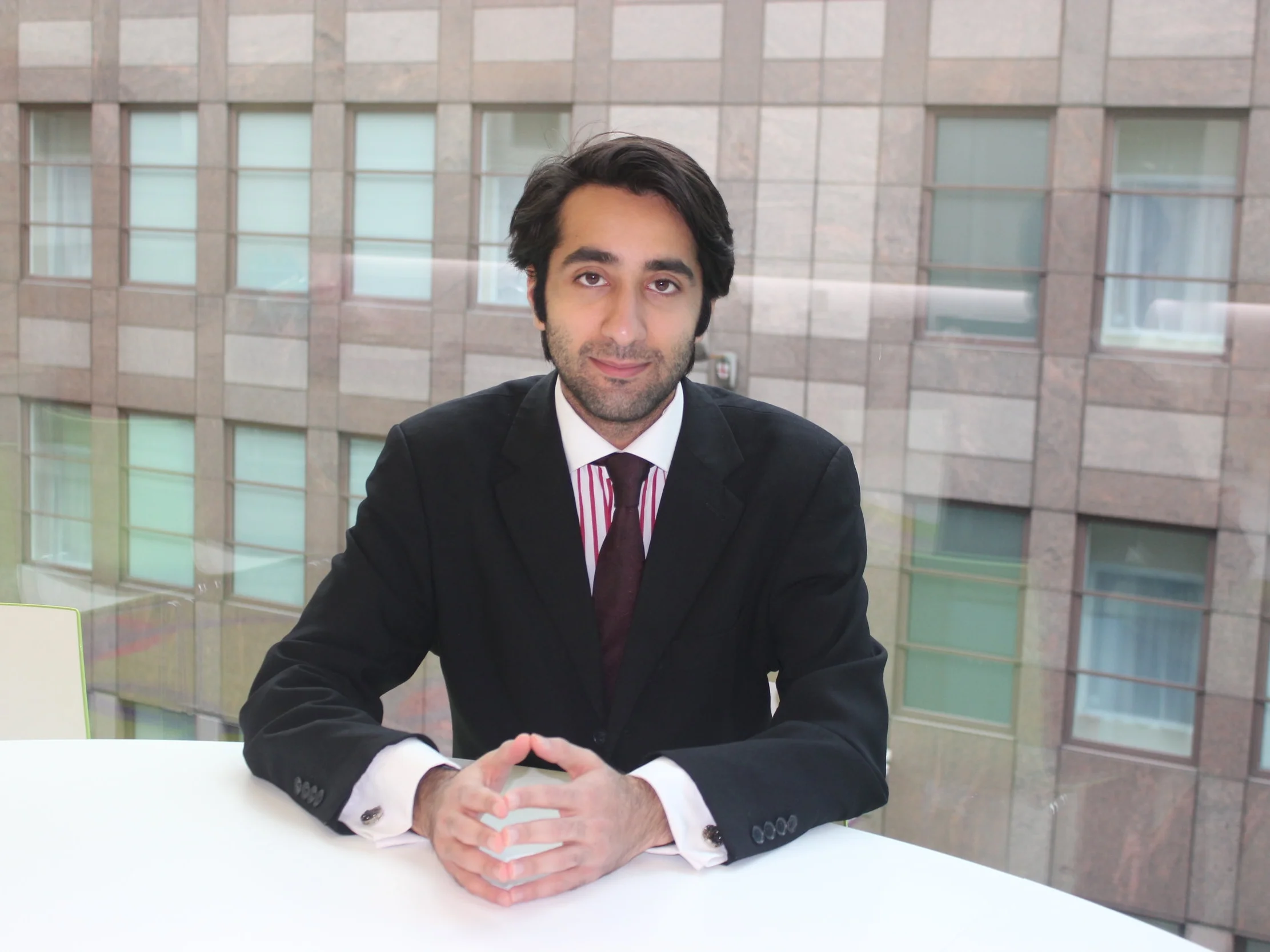The Unexpected Joy of an Unexpected Gap Year
Most students don’t expect to take gap years. However, most who do seem to find them both enjoyable and informative experiences. It’s a puzzle to me why more students don’t take them. Although there’s a perception taking a ‘gap ya’ is for the rich and affluent, I’ve found in reality the opposite to be true.
My own gap year was unexpected. I failed to get into most of the universities I applied to. At first, I was at a loss – the idea of a gap was something I had never considered. I didn’t even know it was an option at first. Most people I spoke to thought it was best I just accepted my failure and get on with university.
One particularly inspirational teacher thought the opposite was true and advised me accordingly. Whilst most people thought universities would frown upon gap year students, he quite rightly told me that they don’t really care either way – as long as your gap year is used productively.
Others thought a gap year would be too expensive – after all how would I afford to travel around the far east taking photos for Instagram? The solution was rather simple – work and save rather than splash on expensive holidays.
During my gap year, I worked in several different jobs, including in politics and retail. I saved this money to help get me through university – without it I’m not sure I would have managed to get through. These savings were pivotal to my university experience.
In addition, I took time to explore my own interests. I started writing a book, designing board games and learnt how to cook. Whilst these were simple things, I enjoyed a freedom I haven’t had since. No deadlines or expectations; just time to explore.
Importantly, I spent time examining why I failed so spectacularly on my first attempt to apply to university. I analysed my application in depth and identified weak areas. I went to the extent of sticking my low entrance test grade on the wall to remind me what I needed to focus on. I focused on my identified areas, reading every day and doing practice papers.
When it came to the Oxbridge interview, my interviewers were actually interested in my gap year experiences. Importantly, they appreciated that I hadn’t completely wasted my time. In addition, my A-levels were above average and they appreciated knowing my grades. This is even more important now AS Levels are no longer a thing.
Whilst taking a gap year can be an unexpected and terrifying prospect, when used well it can be fantastic. Failure is a key part of success; learn from it and use it to motivate you. I made friends and had experiences on my gap year which only served to enhance my university experience.
In addition, I wouldn’t have studied at Oxford without it; there was no time to study in my A-levels for the entrance test in the way I needed to. Even though many say you can’t improve your grade, mine definitely did through practise and learning.
Although others had mentioned I might be too old compared to other students it made no difference; several others had taken gap years and generally no one could say who had or hadn’t taken gap years.
Whilst gap years can be a fantastic opportunity, it is important not to waste them. Here are some key tips:
Weigh up the pros and cons carefully; write them down. This is a big decision which can’t be undone.
Draw out a plan for what you do on your gap year. Make sure you use the time productively; good experiences look great to interviewers, but no experiences look bad.
Save, save, save. University costs money; not so much in tuition fees, but living costs (especially Oxbridge).
Explore your own interests; when else will you have the freedom to do so?
Don’t reapply to Oxbridge if your A-levels are bad as tutors will have your exact grades; if you do, ensure you do something to rectify this.
Keep the end goal in mind; your application. Work towards this at all costs and don’t get distracted from this goal.
Work, don’t relax. This is a crucial time; don’t throw away this opportunity. Use it to move forward.
Let us know if you have any questions about this article.
This article was written by Kes (Oxford - PPE).
If you find this content useful, please visit Kes' profile for further information on applying to Oxbridge. Alternatively, book support now with Kes, using the form below.
Author: Kes - Oxford
BA Philosophy, Politics & Economics
In my mentoring, I like to focus on building critical thinking and communication skills, which are fundamental to both PPE. In my experience, the best way to build these skills is through understanding argument structure and then applying it to different scenarios.


